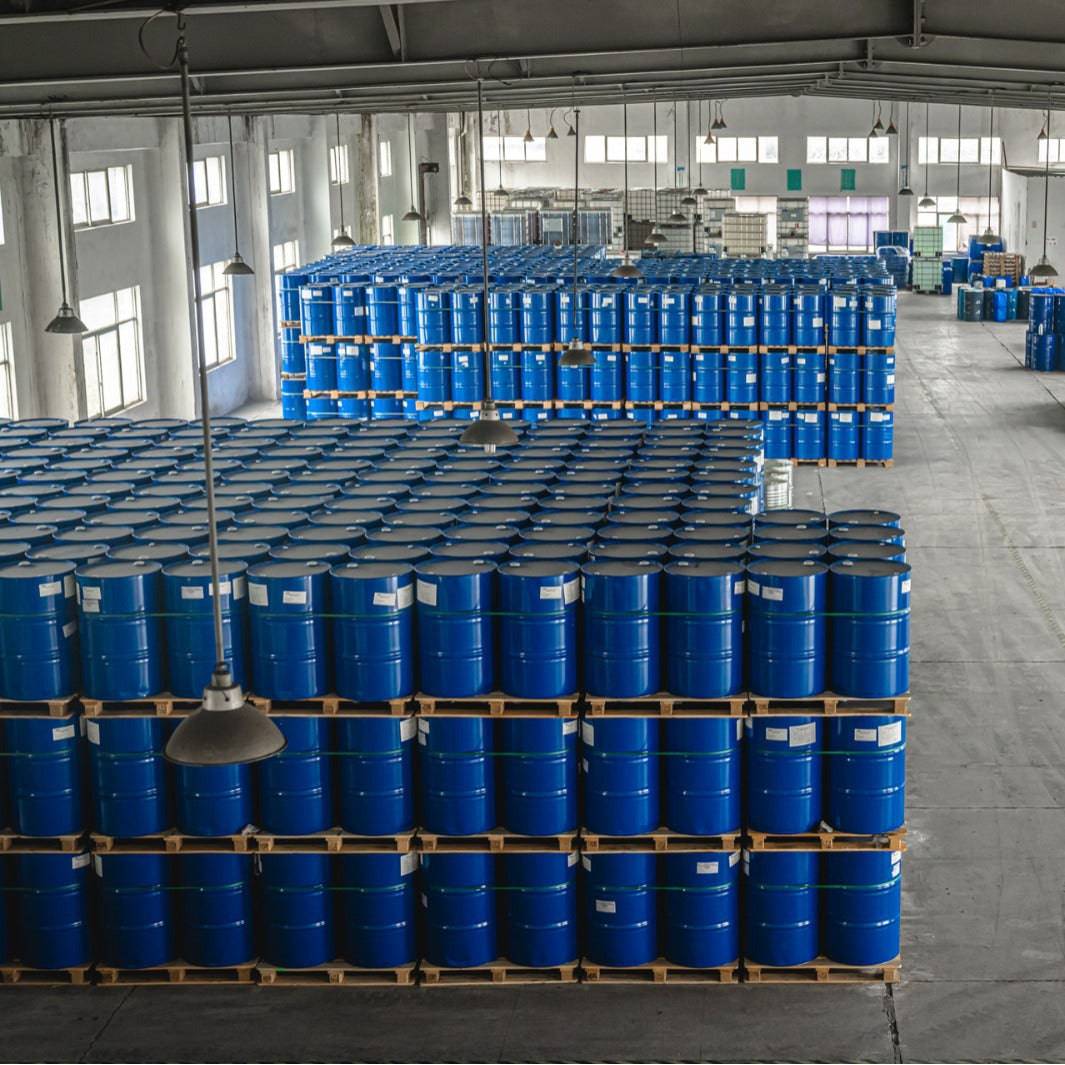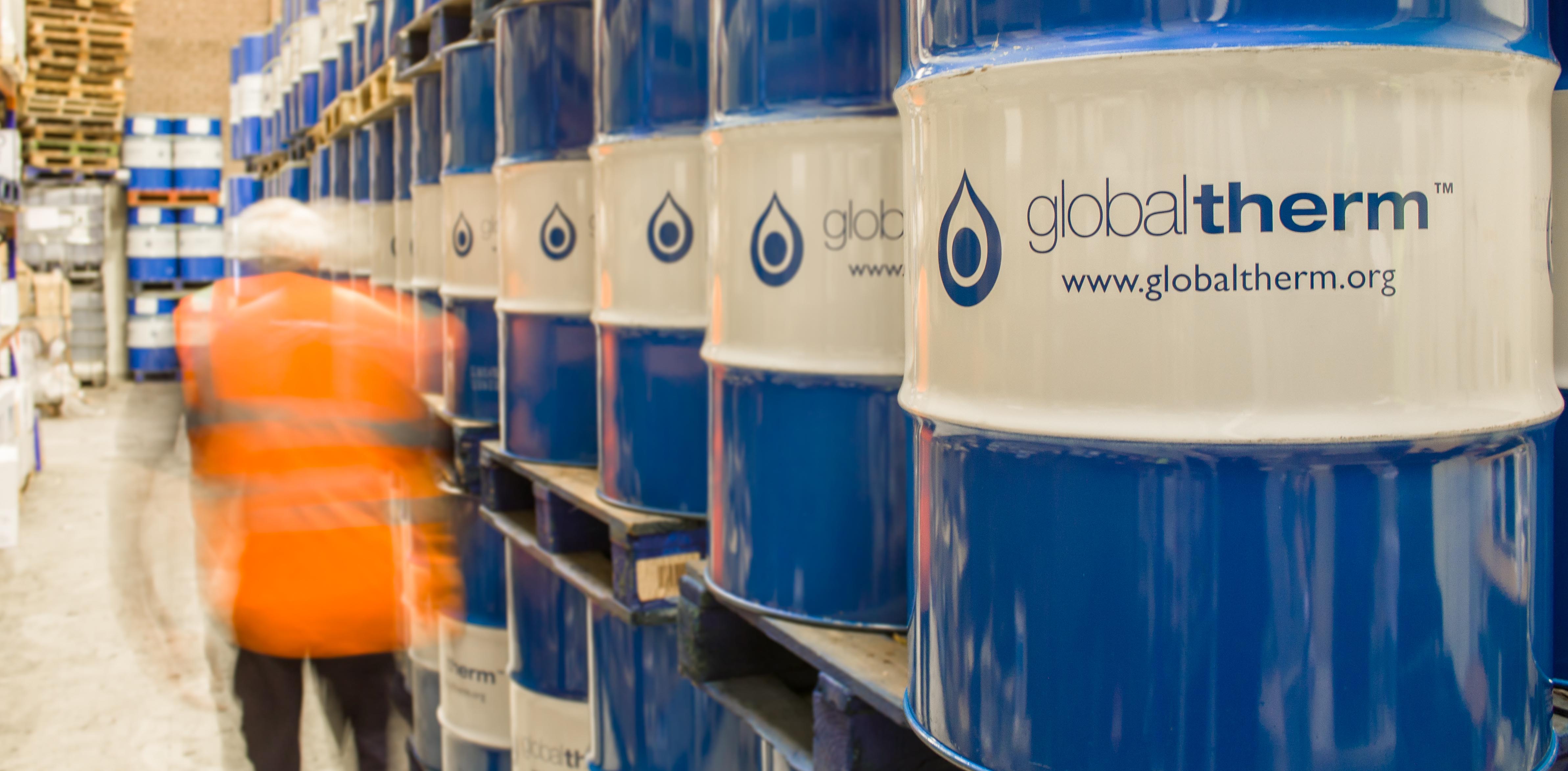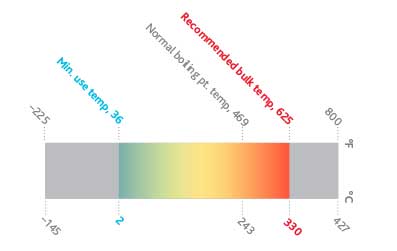Why Normal Maintenance of Heat Transfer Fluid is Crucial for System Long Life
Why Normal Maintenance of Heat Transfer Fluid is Crucial for System Long Life
Blog Article
Exactly How Warmth Transfer Fluid Contributes to Lasting and Cost-efficient Procedures
In the modern industrial landscape, the duty of warmth transfer fluids (HTFs) in advertising sustainable and cost-efficient operations can not be overstated. These fluids are critical in optimizing thermal monitoring systems, therefore considerably improving power effectiveness and lowering functional prices. Furthermore, the ecological benefits of innovative HTFs, with their high thermal security and low poisoning, are obvious. They not just prolong system durability yet additionally add to the decrease of damaging exhausts. Yet, the real capacity of HTFs is understood with the careful selection process, guaranteeing compatibility and safety. What aspects should direct this vital selection?
Comprehending Heat Transfer Fluids
In the realm of thermal administration, heat transfer liquids (HTFs) offer as vital representatives for moving thermal power from one place to another. These liquids play an essential duty in different industrial applications, including chemical handling, power generation, and Cooling and heating systems.
The structure of heat transfer liquids can differ dramatically, including alternatives such as mineral oils, synthetic oils, glycols, and molten salts. Each type supplies distinct advantages, such as boosted thermal security, reduced viscosity, and high boiling factors, which are chosen based upon particular operational needs. The choice of HTF influences not only the efficiency of heat transfer but also the longevity and safety and security of the system in which it is used.
As industries remain to introduce, the growth of sophisticated HTFs, defined by their improved thermal conductivity and lowered ecological effect, is vital for meeting the needs of modern-day thermal administration challenges.

Enhancing Power Performance

Improving power effectiveness has become a vital issue throughout various sectors, motivating a closer exam of warm transfer fluids' duty in optimizing thermal administration systems. These liquids are important to preserving the preferred temperature level in procedures, consequently reducing energy waste and boosting total system effectiveness. By picking an appropriate warmth transfer fluid, markets can dramatically boost their energy performance, bring about reduced energy intake.

Advanced formulas of heat transfer fluids have been created to stand up to severe temperature levels while preserving stability and effectiveness. These developments prolong the functional life-span of the liquid, reducing the regularity of replacements and energy-intensive maintenance tasks. The use of artificial or bio-based fluids uses added benefits in terms of minimized ecological influence, lining up with worldwide sustainability goals. Boosting energy effectiveness through ideal warmth transfer fluid selection is not only a technical requirement yet additionally an ecological vital.
Lowering Functional Expenses
Functional prices are a significant factor to consider for sectors seeking to preserve affordable benefit, and the option of heat transfer fluid plays an important function in expense administration. Choosing a suitable warm transfer fluid can bring about considerable price financial savings by enhancing system effectiveness and lowering energy usage. High-performance liquids lessen thermal degradation, which consequently reduces the regularity of fluid substitute and downtime related to upkeep, therefore lowering operational expenditures.
In addition, warmth transfer liquids with remarkable thermal security and deterioration resistance prolong the life-span of equipment. This minimizes the requirement for frequent repair services and substitutes, which can be expensive and turbulent to operations. By buying top notch fluids, industries can achieve long-lasting decreases in upkeep prices and improve the integrity of their systems.
Additionally, progressed warm transfer fluids commonly exhibit lower thickness at operating temperatures, which enhances pump efficiency and minimizes power use in liquid blood circulation. This optimization of power usage directly equates into decreased operational prices. Moreover, numerous modern-day heat transfer liquids are crafted to operate properly over a wide temperature level array, lowering the need for multiple liquid kinds, therefore enhancing supply demands and lowering linked prices. These variables jointly add to more lasting and economical procedures.
Ecological Influence Decrease
The press in the direction of reducing environmental influence has actually gotten momentum in sectors leveraging warm transfer liquids. Business are progressively acknowledging the significance of minimizing ecological footprints by taking on sustainable practices. Warm transfer liquids (HTFs) play an important function in this change, using opportunities to improve power performance and minimize exhausts. Check Out Your URL By choosing HTFs with high thermal security and low poisoning, sectors can ensure marginal Your Domain Name leakage and degradation, therefore reducing damaging ecological launches.
In addition, the usage of innovative warm transfer liquids adds to improved system effectiveness, decreasing the general energy usage. This reduction not just causes cost savings however likewise reduces carbon dioxide exhausts, aiding in the fight against climate modification. Liquids that are eco-friendly and recyclable further enhance sustainability initiatives, as they diminish waste and advertise circular economy techniques.
In addition, integrating HTFs into closed-loop systems stops fluid loss and contamination of the surrounding environment. This technique makes sure that fluids are reused, minimizing the need for new resources and restricting waste generation. By accepting these ecologically aware approaches, industries can substantially decrease their ecological effect while keeping high functional effectiveness, straightening with international sustainability objectives and governing requirements.
Picking the Right HTF
Picking the proper warm transfer liquid (HTF) is a vital action in progressing ecological sustainability within commercial procedures. The selection of HTF straight influences system efficiency, energy usage, and ecological effect. A perfect HTF must possess a high thermal capacity, low thickness, and high thermal conductivity to ensure reliable warm transfer. In addition, its stability over a broad temperature level range is essential to protect against destruction, which can lead to boosted exhausts and waste.
When picking an HTF, it is important to consider its compatibility with Source system materials to avoid rust and chemical responses. This makes sure long life and decreases upkeep prices. The fluid should be safe and biodegradable, reducing its eco-friendly footprint and making sure compliance with environmental laws. The lifecycle cost of the HTF, encompassing purchase, operation, and disposal, must additionally be evaluated to guarantee economic feasibility.
Conclusion

Report this page